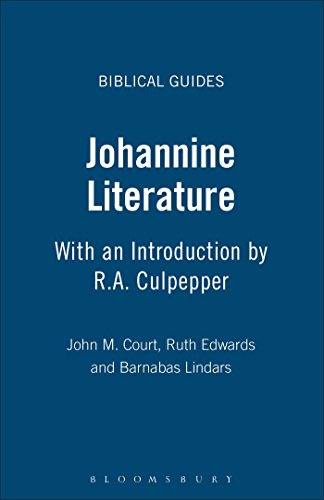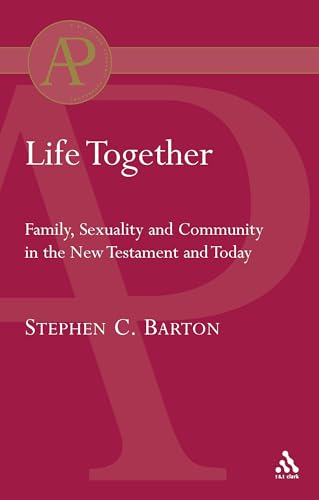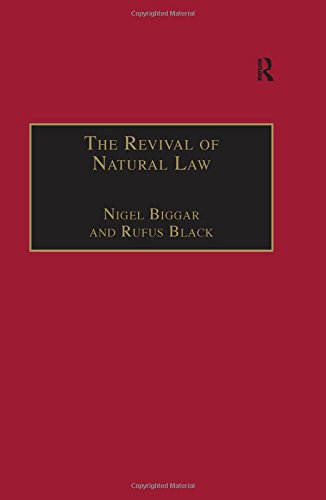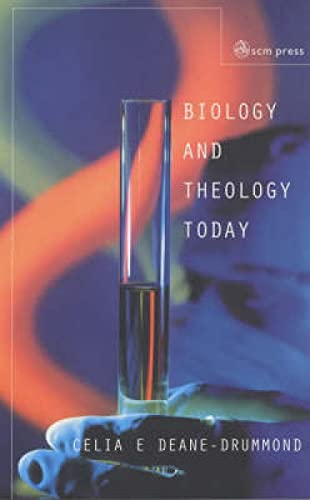The God of Miracles, An Exegetical Examination of God’s Action in the World
Written by C. John Collins Reviewed By Oliver D. CrispThis is a clear, well-written book, which offers a critique of several key metaphysical claims about divine action in the world from an exegetical perspective. That is, Collins sets out philosophical claims about God’s interaction with the world, and tries to ascertain which (if any) of the candidate theories approximates to what the Bible has to say on the matter. Collins takes up issues in philosophy, theology, linguistics and science (via apologetics). Consequently, the book has an interdisciplinary feel. The author, a specialist in Hebrew Philology, gives a careful argument in the exegetical chapters, and a fair rendering of the philosophical material.
There are however a number of areas where things are perhaps a little too neat. The taxonomy of views on divine action skates over some important distinctions that have been the subject of some philosophical discussion in the literature. To give an example, he does not distinguish between continuous creation, and occasionalism, although there is no entailment between the two views, and some debate about whether key thinkers (like Descartes) held one or the other (or neither). Nor does there seem to be enough on the distinction that can be made between secondary causation and divine concurrence in secondary causes, which are distinct issues.
In addition, the author does not always make plain his own philosophical assumptions. For instance, he makes use of common sense as a basic notion in his critique of views like occasionalism, but fails to register that this is itself a contentious epistemological issue (and not a recent one either).
Finally, the conclusion he draws about causality in Scripture (against occasionalism and ‘providentialism’) appears somewhat simplistic. Even if he is right and the Bible speaks in language which is unmistakably causal (and I think his argument is persuasive in this respect), it is not at all clear what is meant by cause either by the author, or by the Scripture, beyond the fact that there are divine and mundane causes at work in the world. Nor does Collins make clear the hermeneutical problems that arise in this regard.
Take the occasionalist’s case: occasionalists could (and usually do) have a high view of Scripture, and yet believe that Collins has not proved his case. Even if the Bible appears to speak with one voice about secondary causes, it does not follow (logically) that secondary causes obtain in the world, any more than Biblical talk of God repenting necessarily means that God is mutable or in time. It could be that the Biblical authors, not intending to offer a metaphysical account of how things are, record an approximation when the truth of the matter is quite different. Nor need this interfere with inspiration. God might inspire the Biblical authors to write in such a way knowing it is only an approximation to how things really are, in the same way as they speak of the ‘arm of the Lord’, or ‘God repenting’ in approximate ways. This depends upon the conception of religious language at work in Scripture. This is an issue that Collins, in his lucid volume, does not take up.
Oliver D. Crisp
University of Notre Dame







